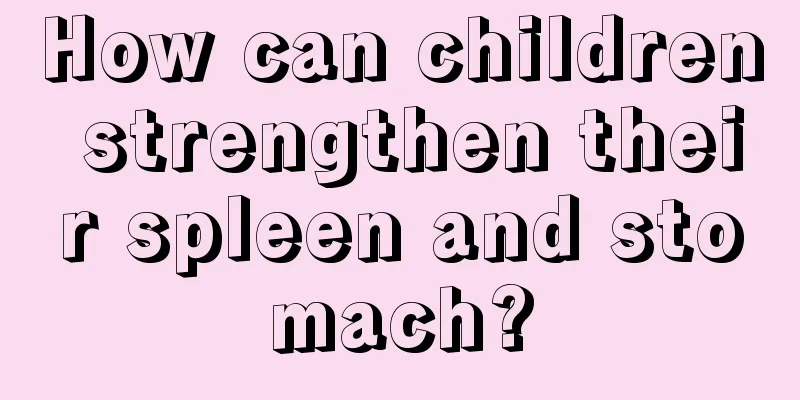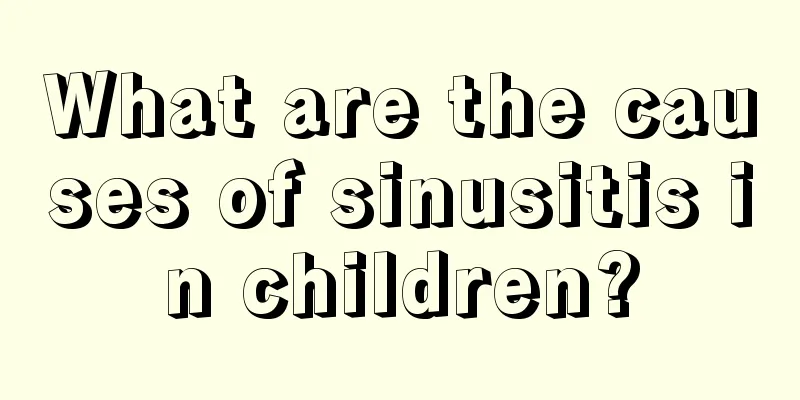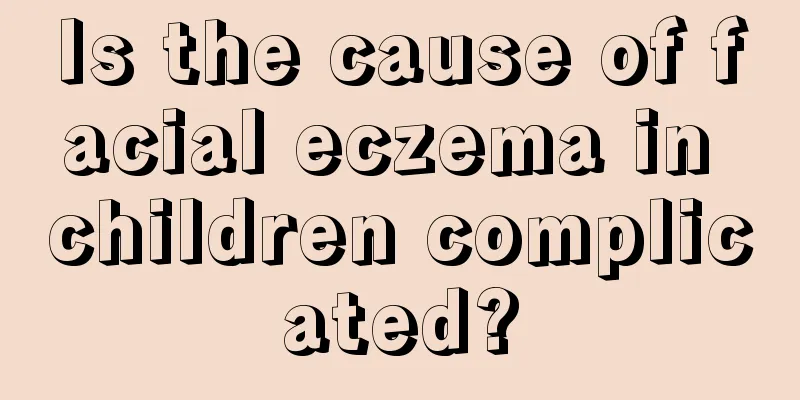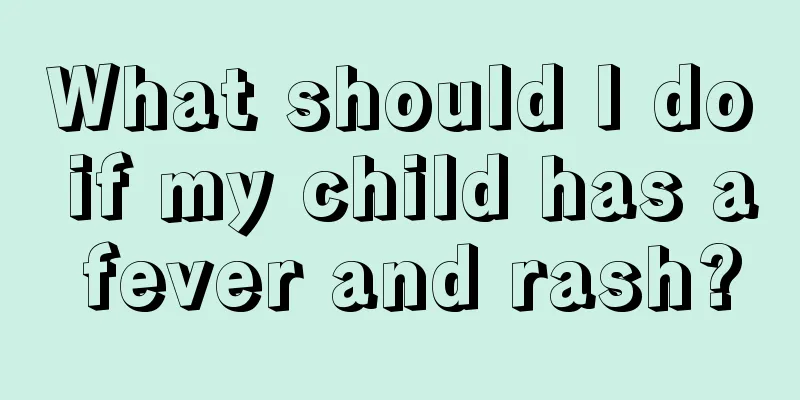Symptoms of Juvenile Ankylosing Spondylitis

|
How much do you know about the symptoms of ankylosing spondylitis in children? In fact, we still need to know a lot about this disease. Many children will suffer from this disease. If we don’t know the symptoms at the beginning, it is easy to neglect treatment and delay the disease. We should learn about the specific clinical manifestations of juvenile ankylosing spondylitis. So what are the clinical symptoms? Juvenile ankylosing spondylitis (JAS) refers to a connective tissue disease that begins before the age of 16 and is characterized by chronic inflammation of the sacroiliac and spinal joints. It is a typical spondyloarthritis, with the peak incidence in young and middle-aged people. However, some cases often develop in some latent form in childhood. Therefore, juvenile ankylosing spondylitis (JAS) is often misdiagnosed as juvenile rheumatoid arthritis (JRA) at the beginning of the disease. Patients with lower limb arthritis as the main manifestation are often misdiagnosed as JRA oligoarticular type II. Typical JAS will gradually manifest as pain in the waist, buttocks, and sacrum, and inflammation at the tendon attachment site. MRI can detect sacroiliitis early. JAS often begins with recurring pain in the lower back, buttocks, groin, hips, etc. These early symptoms may be ignored and misdiagnosed for a long time until more specific symptoms appear and cause concern. If the child develops the disease in the large joints of the lower limbs, the symptoms are similar to oligoarthritis type II JRA, and more attention should be paid to the diagnosis of early cases of JAS. Sacroiliitis is the key condition for the clear diagnosis of JAS. In the early stage of JAS, it may be found that the lumbar lordosis caused by lumbosacral joint disease disappears, limiting the forward bending of the lower spine (positive Schober sign). If there is a costovertebral joint disease, the chest expansion will be reduced. About half of JAS cases do not meet the diagnostic criteria in the early stages, and nearly half of the patients have only one attack. About 18% of patients have a relatively long pathological course, and most people can retain intact joint function. The above is an introduction to the symptoms of juvenile ankylosing spondylitis. Through in-depth understanding of such symptoms, many people hope to have some good methods of treatment. In particular, many people hope that by understanding the symptoms, they should seek medical diagnosis and treatment in time if they discover them in the future. Therefore, it is necessary to know more about the symptoms of juvenile ankylosing spondylitis. |
<<: What to do if a fish bone gets stuck in your throat
>>: What to do if a child has a fish bone stuck in his throat
Recommend
How to treat carbon monoxide poisoning in children
Carbon monoxide poisoning is a very common phenom...
Parents must know: These 7 kinds of fish should not be given to children
Children whose bodies are still developing can su...
What should children eat to grow taller quickly?
In daily life, we often hear many parents complai...
What to do if your three-year-old baby wets the bed
It is normal for a three-year-old baby to wet the...
What to do if children have brain hypoxia
What to do with children's brain hypoxia is a...
What to do if your three-month-old baby is zinc deficient
A three-month-old baby is still very small. This ...
1 year old baby's palms and soles are hot
If a one-year-old baby has hot palms and soles, p...
What should I do if my child has a hoarse throat due to a cold?
Children's bodies are particularly vulnerable...
What to do if a 4-year-old child has a persistent high fever
Fever is one of the illnesses that almost every c...
Can children use air conditioning when they have a fever?
After entering the hot summer, due to the neglige...
How to treat children with autism?
In recent years, people have become more and more...
What to do if your child has inverted nipples
When a little princess is born in the family, the...
What to do if your child's face is scratched?
Children will become very naughty when running an...
What to do if your child sweats at night
Children’s health issues are the biggest concern ...
Introduction to the book "Secrets of Pediatric Massage"
We have said that children are the treasures of t...









